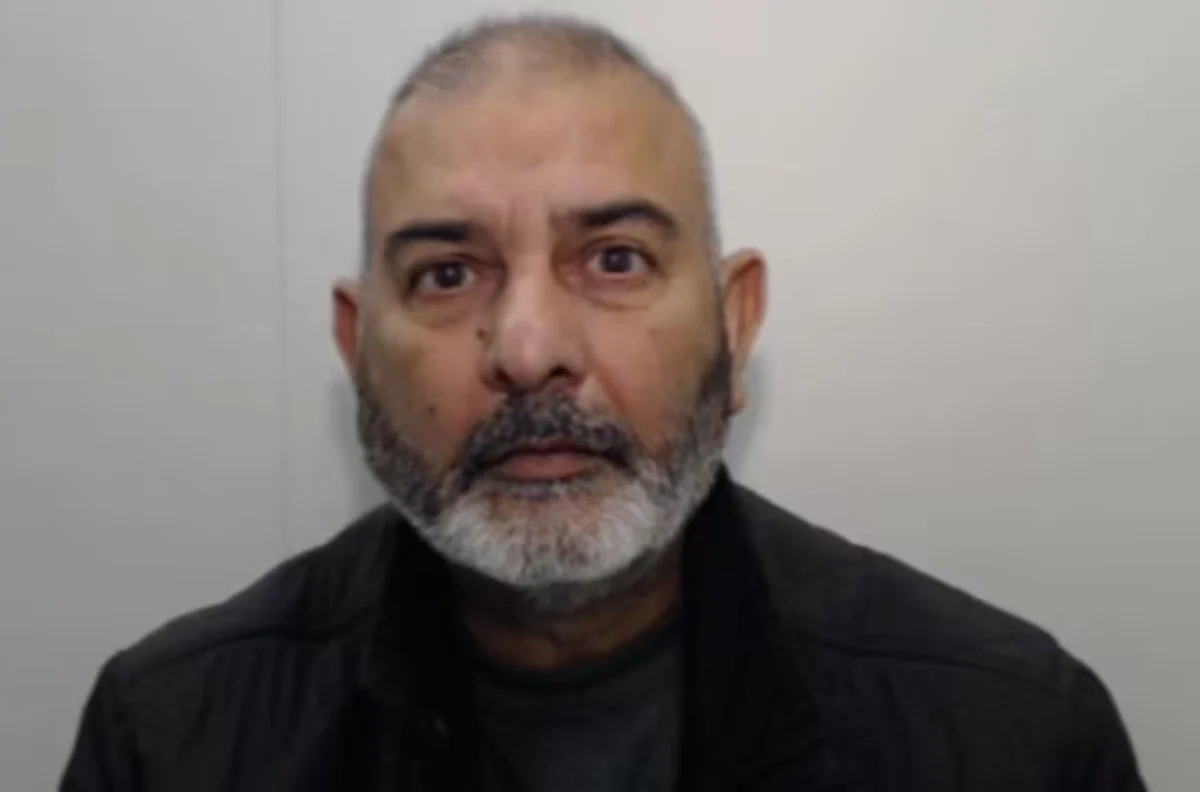How Rochdale’s ‘boss man’ groomer was finally brought down after years of abuse

Mohammed Zahid
The ringleader of a child sex grooming gang in Rochdale has been handed a 35-year prison sentence after decades of preying on vulnerable schoolgirls. Mohammed Zahid, 65, known locally as “Boss Man”, was convicted of multiple rapes and other sexual offences committed against two teenage girls between 2001 and 2006.
Zahid, a father-of-three and former market trader, lured girls as young as 13 by giving them free underwear, alcohol, food, and cigarettes in exchange for sex. He was one of seven men convicted in June following a four-month trial at Manchester Minshull Street Crown Court. Collectively, the group received a combined sentence of 174 years for their roles in the abuse.
The Case That Shocked Rochdale
The court heard that the victims, identified only as Girl A and Girl B, had chaotic and troubled home lives. Both were manipulated into believing the men’s attention was a form of care, only to be exploited in grim flats, alleyways, cars, and abandoned buildings.
Judge Jonathan Seely described the treatment of the victims as “appalling”, telling the men:
“They were abused, degraded, and discarded. You preyed upon their vulnerability, knowing they had little choice but to submit.”
Girl A revealed that her phone number was widely circulated, leading to abuse by potentially hundreds of men. She told jurors it was “impossible to keep count” of those who targeted her. Girl B, who was living in a children’s home at the time, said agencies knew she was being groomed but failed to act, with police even recording her as a “prostitute” from the age of 10.
The Men and Their Sentences
The convictions mark one of the most significant prosecutions of historical child sexual exploitation in Rochdale since earlier grooming scandals came to light over a decade ago.
- Mohammed Zahid (65) – Rochdale market trader, convicted of multiple rapes, indecency with a child, and procuring a child for sex. Sentenced to 35 years.
- Mushtaq Ahmed (67) – market trader, jailed for 27 years for rape and indecency with a child.
- Kasir Bashir (50) – market trader, convicted in his absence after fleeing the UK. Sentenced to 29 years.
- Mohammed Shahzad (44) – taxi driver, sentenced to 26 years for repeated rapes.
- Naheem Akram (49) – taxi driver, sentenced to 26 years.
- Nisar Hussain (41) – taxi driver, sentenced to 19 years.
- Roheez Khan (39) – convicted of a single rape, jailed for 12 years.
Survivors Speak Out
During sentencing, both survivors provided harrowing victim impact statements.
Girl A said:
“My life has been destroyed from the abuse of these men. It has affected everything – my relationships, my health, and my mental wellbeing.”
Girl B told the court:
“For years I believed that every man I met would expect sex. The verdict has given me a weight lifted from my shoulders, and I want other victims to know it is never too late to come forward.”
Police and CPS Response
Detective Chief Inspector Guy Laycock, who led the investigation, praised the victims’ bravery:
“These men preyed on the vulnerability of young girls for their own depraved sexual gain. They showed no remorse, but thanks to the courage of the survivors, justice has finally been served.”
Liz Fell, specialist prosecutor for the Crown Prosecution Service, highlighted the strength of the victims:
“They were repeatedly abused and discarded, yet they showed extraordinary courage throughout this process. Their resilience has ensured these men face the full weight of justice.”
FAQ: Rochdale Grooming Gang Case
Who was the leader of the Rochdale grooming gang?
Mohammed Zahid, 65, nicknamed “Boss Man”, was identified as the ringleader. He was sentenced to 35 years in prison.
How many men were convicted in this case?
Seven men were convicted of offences including rape, indecency with a child, and procuring a child for sex.
What was the total length of prison sentences handed down?
The men received a combined total of 174 years behind bars.
How were the victims targeted?
The girls were lured with gifts, alcohol, cigarettes, food, and places to stay, before being coerced into sex.
Why did it take so long for justice?
Failures by police and social services in the early 2000s meant the girls’ reports were not taken seriously. It took years of persistence and further evidence for the case to reach court.

